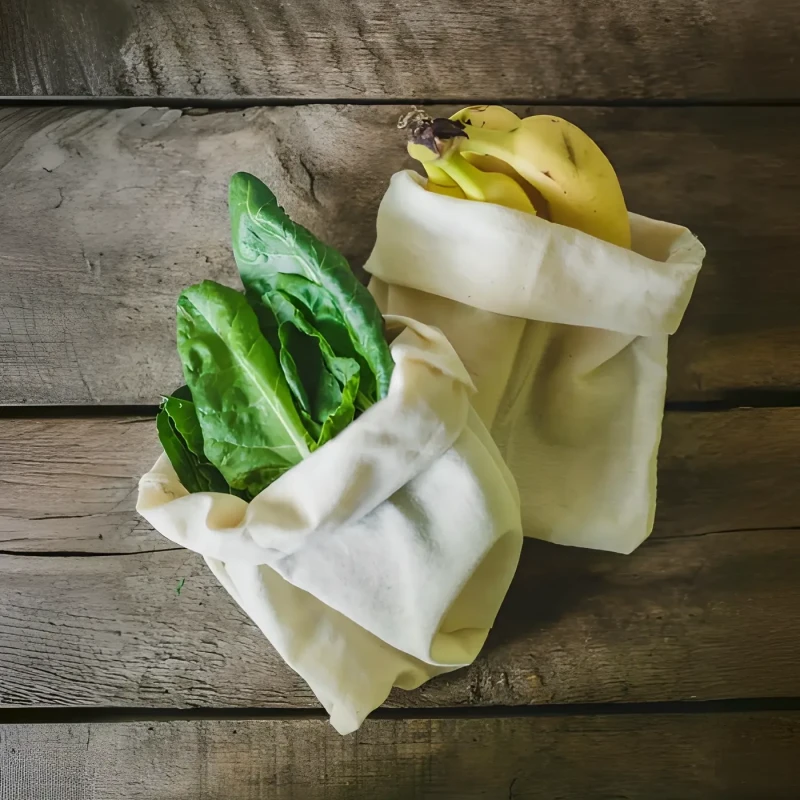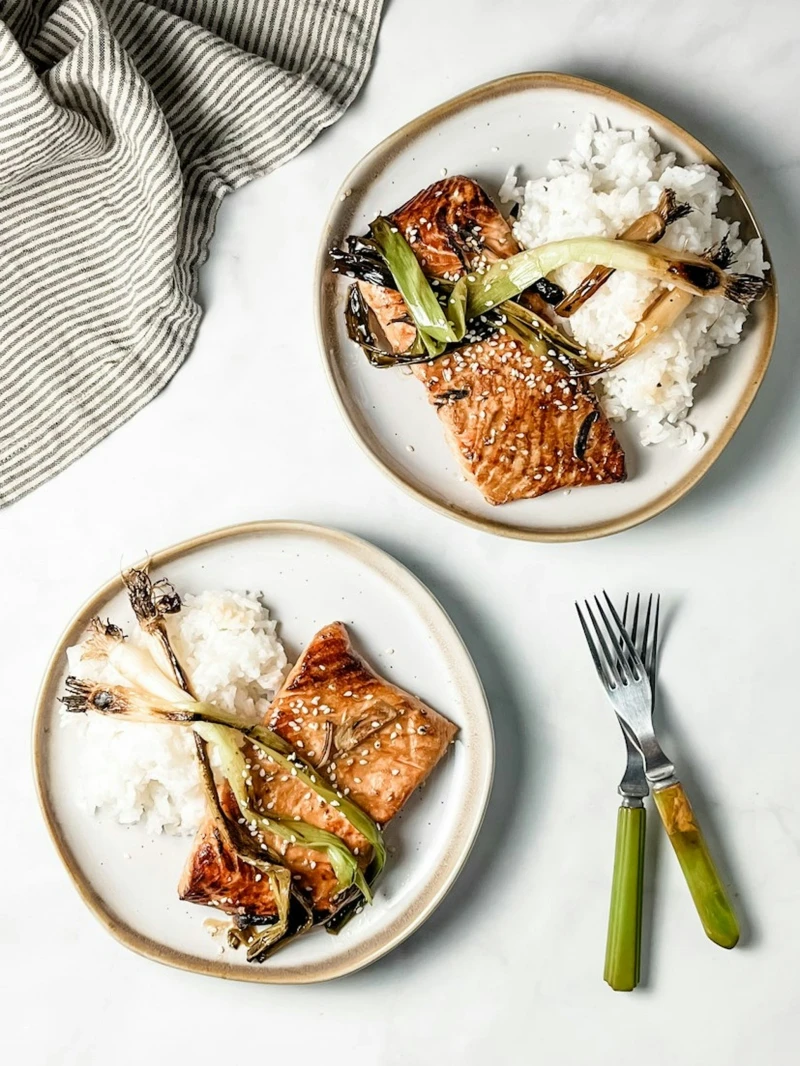Introduction

Welcome to Nutrio, your go-to resource for understanding the nutritional value of your food. Our database not only provides common nutritional information like vitamin and mineral content but also highlights nutritional density.
Nutritional density helps you understand the ratio of nutrients to calories, enabling informed dietary choices. With Nutrio, you can compare foods based on their nutritional density to get the most nutrients per calorie.
Banana vs Spinach

For example, bananas
contain 0.4mg of Vitamin B6
per 100g (which is about one-fifth of the recommended daily intake) and 90 calories.
In comparison, spinach has 0.2mg of Vitamin B6 per 100g but only 25 calories, resulting in a higher nutritional density for Vitamin B6.
This means that in our example, you get more Vitamin B6 per calorie from spinach, so you can consume fewer calories (mostly sugars in the case of bananas) and still get plenty of nutrients, which is great for keeping a slim figure.
Summary

Understanding nutritional density helps you make informed choices based on your dietary needs. If you want to increase your Vitamin B6 intake without many calories, spinach might be a better option than bananas.
On the other hand, a balanced diet is key. While some foods are more nutrient-dense, enjoying a variety ensures a broad spectrum of nutrients. Bananas are also a great source of potassium and fiber, making them valuable in a balanced diet. However, knowing about different foods helps you have a broad perspective.
Explore our product list, use our search tool, and sort foods by nutritional density to find the best options for your diet. With Nutrio, eating healthy is easier than ever.
We're just getting started, so check back often for updates and new features.